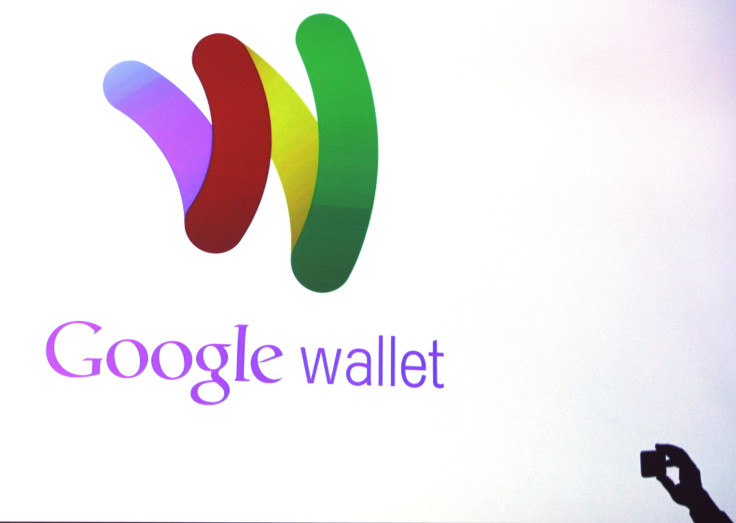Google Strikes Back At Apple Pay With Deal To Put Google Wallet On More Smartphones

The mobile payment war is heating up. Looking to boost its presence in the growing mobile payment market, Google has teamed with carrier-backed Softcard to get Google Wallet on even more phones.
Under the deal, Google Wallet will be pre-installed on Android phones sold by T-Mobile, AT&T and Verizon Wireless later this year. The mobile service functions similarly to Apple Pay, by allowing consumers to use their phones to pay for in-store purchases. In addition, Google is also acquiring some unnamed technology and intellectual property from Softcard to further advance Google Wallet.
Current users of the Softcard app can continue using its tap and pay feature to pay for transactions, according to a Softcard blog post.
The partnership is a huge reversal of the relationship between Google and Softcard. While Google Wallet launched in 2011, it failed to gain widespread adoption, in part due to wireless carriers blocking the app from working with Android phones on their networks. But the carrier-backed Softcard failed to gain widespread adoption as well.
"Google's new deal with Softcard and three major US mobile carriers will help get Google Wallet in front of more potential users, but the mobile payments space in the US will continue to be competitive and fragmented for at least the next few years as various stakeholders vie to get traction with consumers," Bryan Yeager, analyst at eMarketer said.
The partnership comes on the heels of Samsung’s acquisition of LoopPay, another mobile payment service, making the space quite crowded in only a few short months. In addition to the carrier and tech firm backed payment services, merchants such as Walmart and CVS are backing a service of their own in hopes of grabbing a piece of the market.
U.S. mobile payments are expected to see significant growth in the coming years. Physical mobile transactions totaled $3.5 billion in 2014 and are forecasted to reach $27.5 billion by 2016, according to eMarketer.
© Copyright IBTimes 2025. All rights reserved.




















